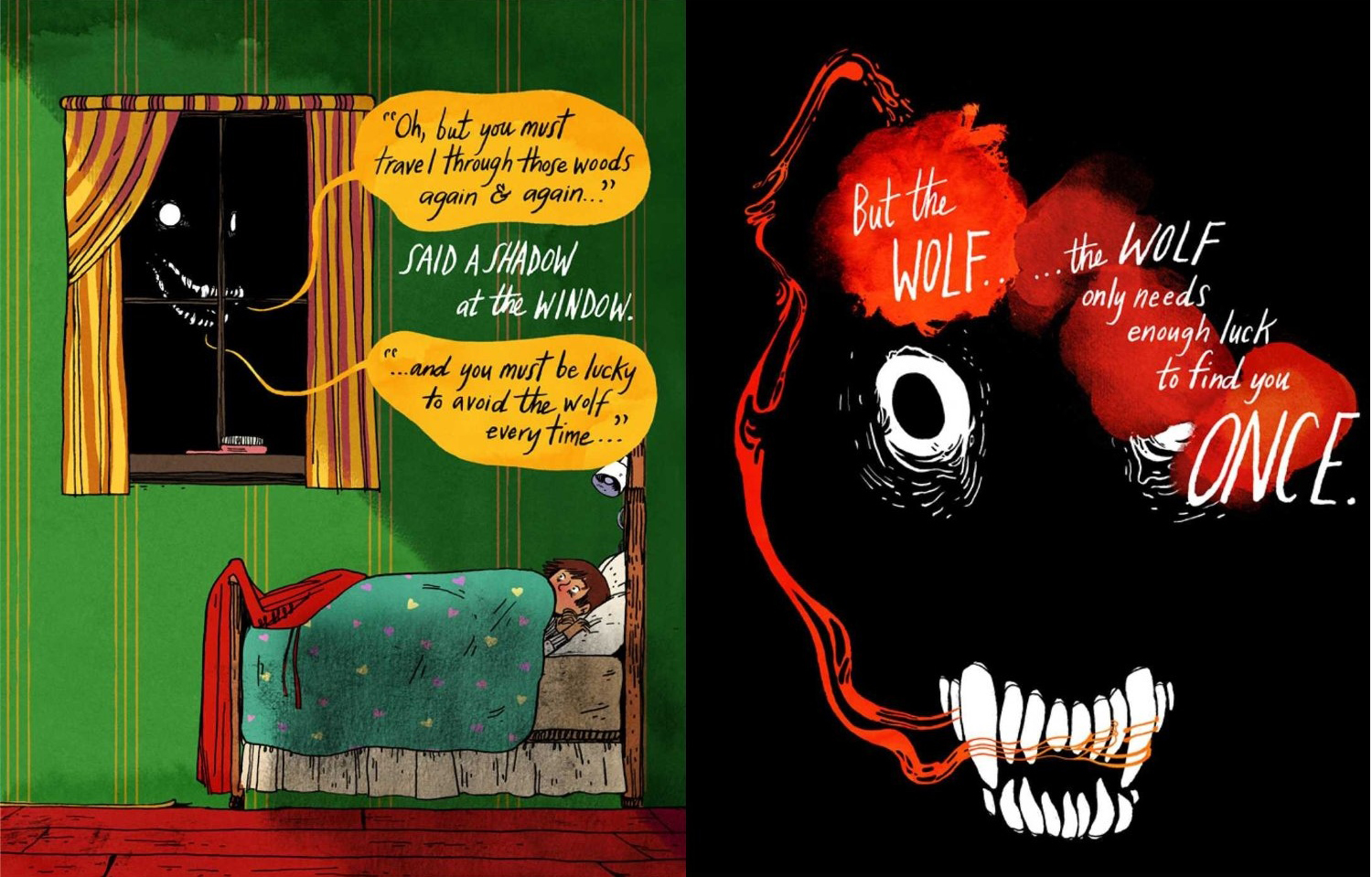It's been a very long time since I played Vampire, but in whatever edition it was at the time I remember being underwhelmed with how the "struggle with your own monstrosity" thing was handled.
Even without the copout easy answer of animal blood, it didn't seem like there was anything forcing a vampire to meaningfully hurt people. They can feed by taking a little bit of blood from a larger number of people, to the point where it doesn't cause major health problems. Obviously it's still bad to take people's blood without their consent (and probably even moreso to do whatever mindfuckery you need to do in order to get it from them), but weighed against the harm of your own death? Considering that many vampires didn't become Kindred by choice, or at least didn't know what they were really getting into? The moral calculus seems pretty easy to me. And that's even before getting in to how easy it is for a vampire to give back to the community they feed off of, given the sort of powers they have.
Obviously, most vampires don't do this. It's a lot more effort to feed carefully from multiple victims each time you're low on vitae then it is feed callously. It's a chore to do superheroics for a community you can never really be part of. My point is that you *can* do this, and the fact that that's even an option undermines the alleged premise and themes.
Maybe subsequent editions avoided this issue, idk.
What's missing is the rules for _Humanity loss._
So, Vampires start out at Humanity 7. Basically a normal person (I think, maybe this wasn't in oWoD, I mostly played nWoD, I'm pretty sure it was in 5e Masquerade though).
Humanity can drop because you fed on someone forcefully, or got into lethal combat, or had a bad emotional shock.
If you drop to 5, you functionally have ASPD, an enforced jaded callousness as your Inherent Vampireness overwhelms your connection to humanity. Dropping to 5 is meant to happen within a couple of stories unless you're REALLY clinging to your humanity, and using it to maintain your Humanity. It's just too easy for any bad event to knock you into being unable to relate to people as people anymore.
Humanity 4 is harder to fall to, most vampires stabilize at 5, where, by nature of their biology, they're selfish predators who can't see you as a human being. 4 is an actual monster who _likes it,_ and I can't remember how it falls from there, though in nWoD if you drop below 2 IIRC you become a superpowered animal and cease being a player character.
And that's the core of why suicide, while you're still moral enough to make that call, is the good decision. Because vampires don't
start out totally heartless, but it's essentially inevitable that they will
become that, maybe soon, maybe in 10 years or 20, but certainly within a human lifetime. You
will be a serial killer in the end. All vampires end up that way, as they age, unless they die first.
Relatedly, I tend to relax the fuck out of the humanity rules when running Vampire, because of all those things I just said.
